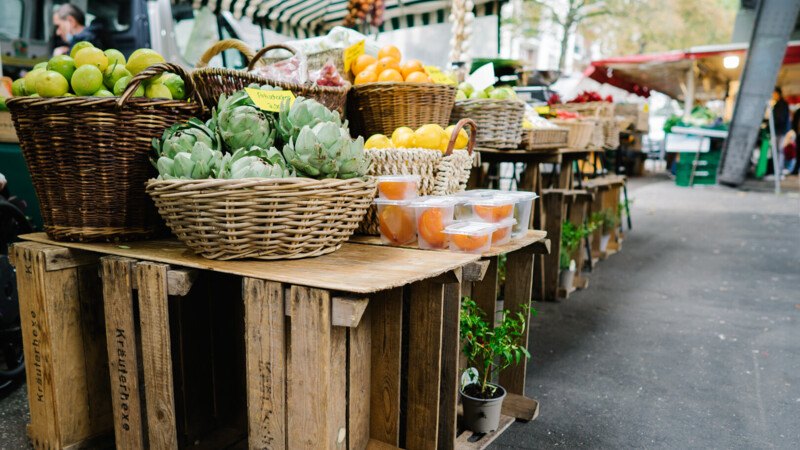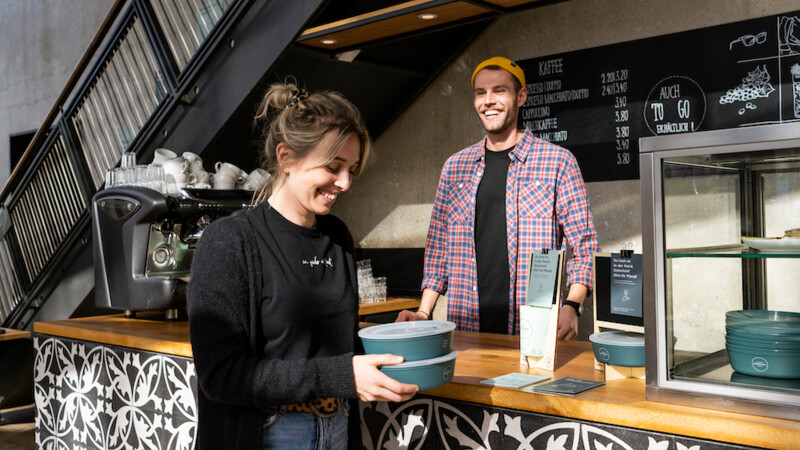Novel foods can be developed on the basis of animal and plant components or minerals and nanomaterials. The Hamburg-based Foodlab is now helping start-ups to turn such ideas into new products and catering concepts. Founded by Christin Siegemund, the 1,200-square-metre lab in HafenCity consists of kitchens, co-working spaces as well as a café and pop-up restaurant. Participants can also try out their ideas in a media studio and present them to an audience. An accelerator, in place since April 1, 2022, and which the Ministry of Economics and Innovation is funding to the tune of EUR 163,000, paves the way for potential founders. "Since then, ten start-ups have been offered a workplace in the co-working and/or kitchen area, seminars or coaching," said Siegemund.
Worldwide turnover of vegan food is expected to top the USD 22.27 billion mark in 2025 compared to USD 14.44 billion in 2020, according to Statista in Hamburg. That begs the question of how people will nourish themselves in future and how best to produce food. Demand for novel food creations and especially for alternatives to meat and dairy products is rising for health and ethical reasons. Popular alternatives to meat include tofu or soy, but less well-known are tempeh (made from whole soybeans), seitan (made from wheat protein) or jackfruit. Pulses are also increasingly popular in the production of sausage or schnitzel alternatives. And even cow's milk, which vegans like to replace with soy, cereal or almond drinks, can be used for alternatives to meat.
Ten start-ups launch in Foodlab’s accelerator
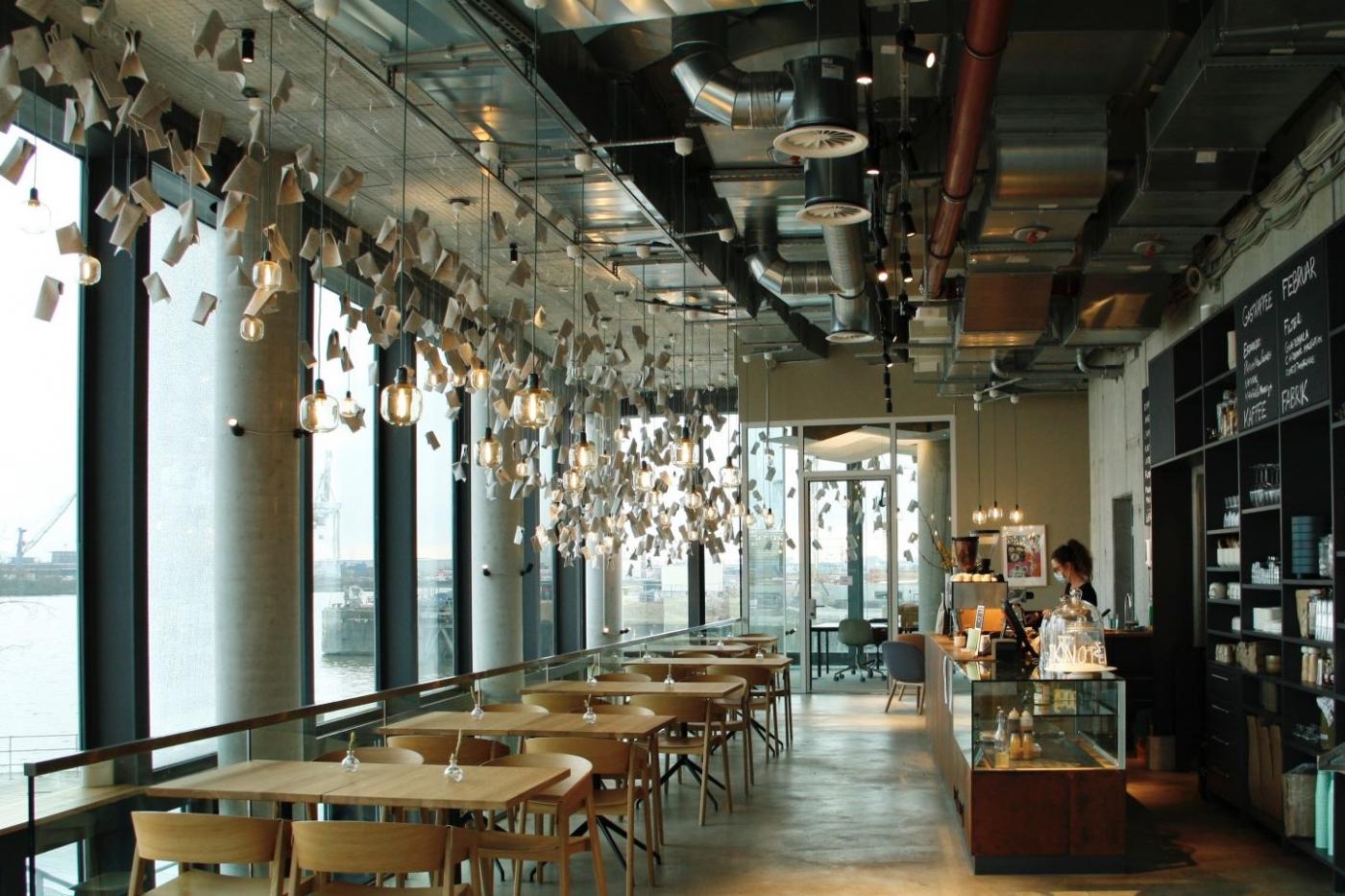
Concept successful even in lockdown
"Lordi kocht" an African fusion cuisine, "Bballi" a Kimbap take-out concept, Vanozza, which is developing vegan mozzarella and "Rainbow Eis" that offers colourful, vegan ice cream are among the start-ups aiming to launch on the market by late 2022. Plans for the next Accelerator Programme are being laid at present. Applications can be submitted until the deadline of December 31, 2022. "We are looking for founders who are really keen on setting up their own company. It's not about turning a hobby into a business, but about real entrepreneurship," Siegemund stressed.
After founding her own business, Siegemund is well aware of its challenges and pitfalls. Barely three months after Foodlab opened in 2020, lockdown struck. "We adapted our concept and opened a pop-up window instead of a pop-up restaurant. We tried out new catering ideas for two or three days at a time and sold almost 6,000 portions in that way. That gave rise to eleven new start-ups."
ys/pb
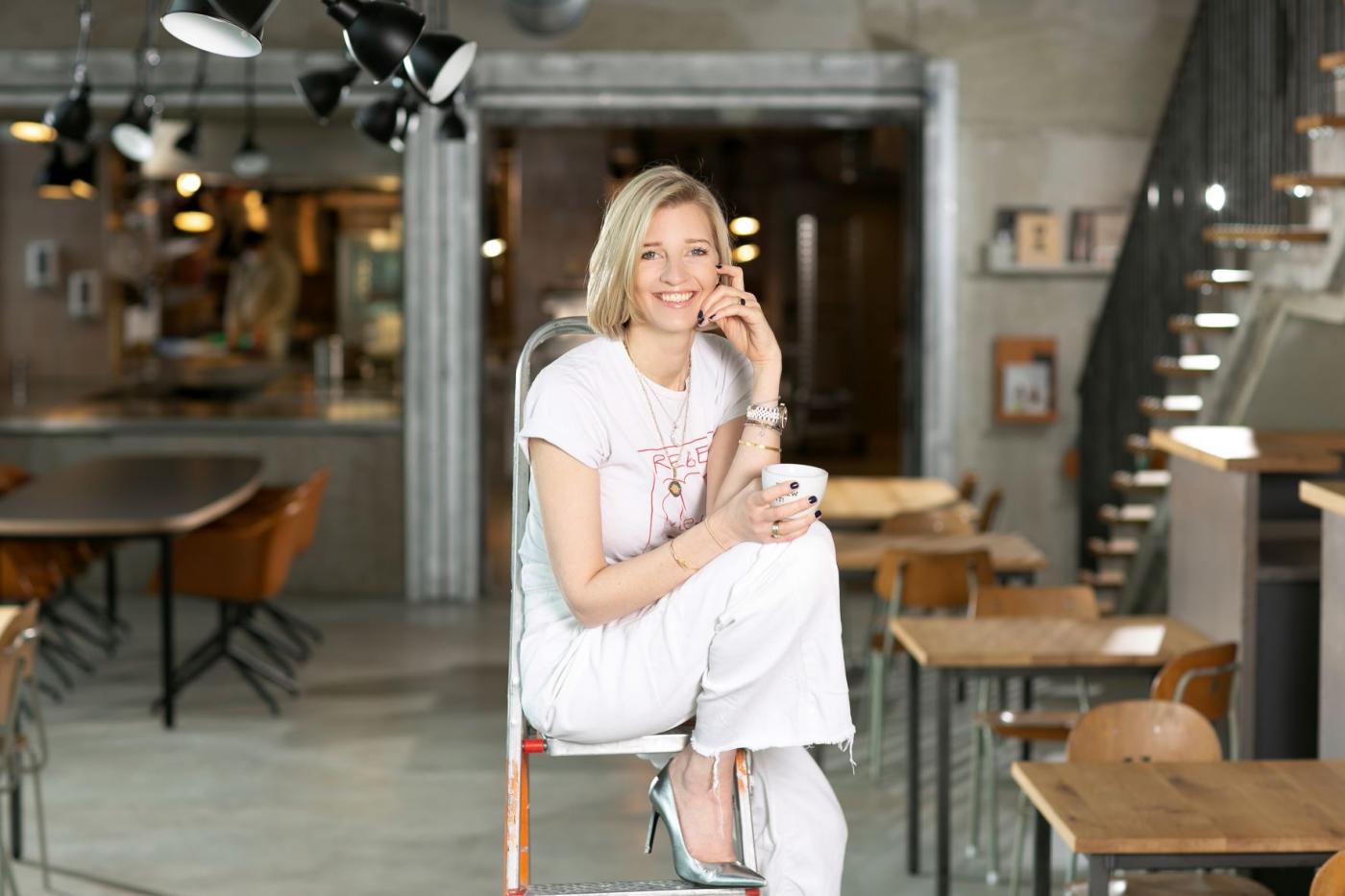
The Foodlab is a partner of the Food Innovation Camp (FIC2022). Up to 1,500 trade visitors are expected at the industry get-together on June 13, 2022.
Sources and further information
More
Similar articles
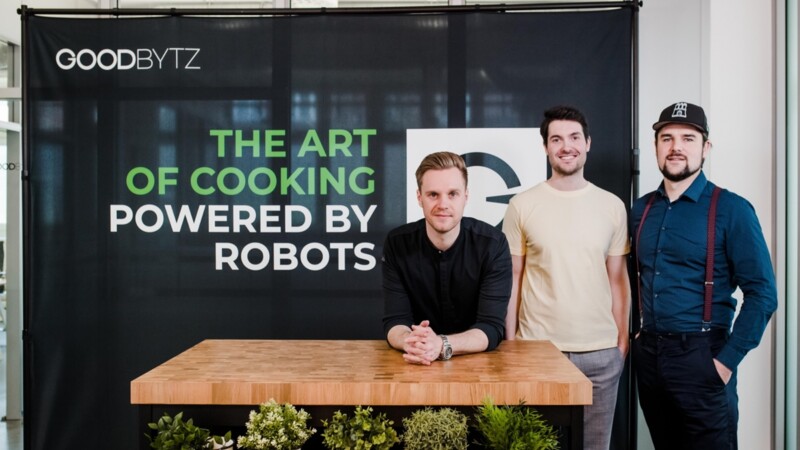
Hamburg's Good Bytz raises EUR 2.5 million in seed funding round

Hard rock hotel to open in flak tower on Heiligengeistfeld
